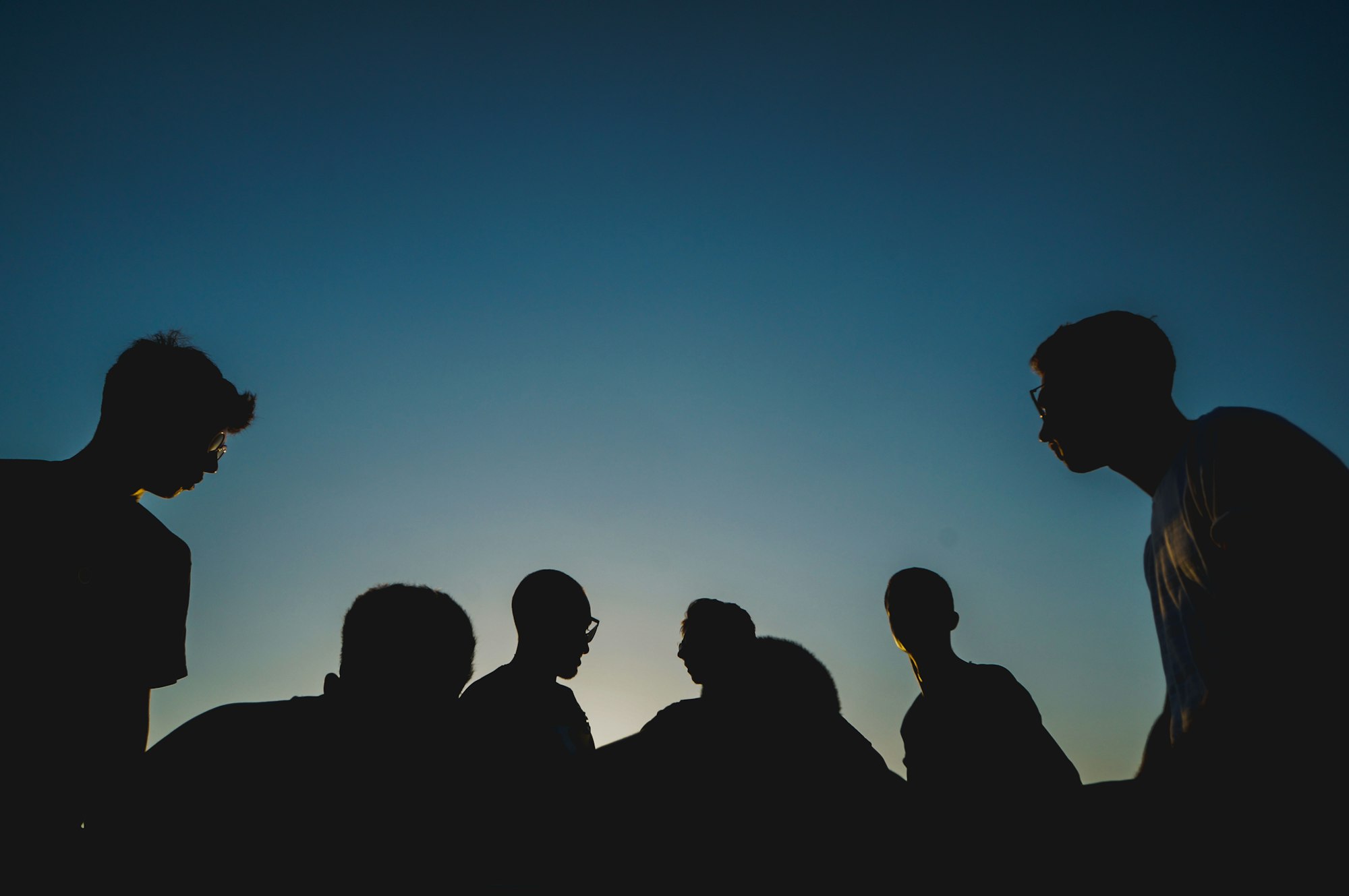(List #74) Going Beyond (The Power of Partnerships)
The power of partnerships for sustainability (with a focus on entrepreneurship).

This week’s List looks at how business schools can use partnerships for maximum impact.
When GBSN (Global Business School Network) asked me to be a judge for their Going Beyond Awards again this year, I gladly agreed. These awards, given in collaboration with EFMD, highlight programmes and initiatives that "strengthen society, demonstrate community impact and embody the spirit of inclusive and sustainable development". This week I'm sharing just a few of the fantastic initiatives submitted.
If you read these examples, or any of the examples I include in my Lists, and think “I could never do that”, please keep in mind that there is a high chance that the person who coordinated the initiative that you are most inspired by was (and perhaps still is) telling themselves the same thing.
“I don’t know what I’m doing. And if you don’t know what to do, there’s actually a chance of doing something new. As long as you know what you’re doing, nothing much of interest is going to happen.”– Philip Glass
1.MAP THE SYSTEM
Map the System is an initiative of the Skoll Centre for Social Entrepreneurship at Saïd Business School, University of Oxford, delivered through partnering with educational institutions around the world. It isn’t a pitch competition, rather a discovery process that is designed to foster a system thinking mindset. Students are placed in teams and spend several months deep diving into a social or environmental topic they are passionate about and create visual systems maps as a means to articulate their findings in a way people can meaningfully understand, share and learn from. Finalists are chosen to present their work at the global final (which will take place in July 2023).
2. SEED NETWORK
SEED Network (which stands for Scaling Entrepreneurship for Economic Development) is a cross-sectoral partnership led by the Social Impact Hub of HEC Montreal in collaboration with Development International Desjardins, international funding agencies, and research teams from partner universities (IESE, Penn State, University of Alberta). The scaling of micro-enterprises represents a decisive opportunity for local development as it can foster the transition from a subsistence-based economy to an opportunity-based economy. The aim is to mobilise research, teaching and practice for the scaling of micro-enterprises locally and internationally. The project involves qualitative interviews with beneficiaries to identify which issues need to be addressed, co-construction of training materials, delivery of experiments with different groups and finally quantitative interviews with entrepreneurs who participated in the program. For more on this project, read the GBSN writeup here click here and visit their webpage.
3. EDUCATIONAL OPPORTUNITIES
Only 3% of refugees have any form of higher education and displacement means that continuing studies is often impossible. Edinburgh Business School partnered with Theirworld, a global charity, to offer fully funded MBA scholarships to Syrian and Palestinian refugees living in Lebanon and vulnerable Lebanese citizens. The scholarships were jointly funded by The People’s Postcode Lottery and Edinburgh Business School. Special provisions were designed and delivered exclusively for this cohort including mentoring as well as the option to sit their assessments in Arabic. Computers were also provided to each student to ensure their ability to continue their studies whilst in lockdown. In 2021, 20 students were admitted into the program. For more on this project, click here.
4. ECONOMIC INCLUSION
The SURESM Program (Stimulating Urban Renewal through Entrepreneurship) Program at the University of Houston targets people who have been historically excluded from business education, communities that are underrepresented or lacking in educational services, financial services and the informal networks that make it easier to start a business. Before the semester starts, 400-600 current and aspiring entrepreneurs participate in an open, four-hour class about business plans. They are then invited to apply for the semester long program course. Approximately 40 students enrolled at the University are trained for three weeks on how to consult and then, on their fourth week, each student is assigned 3-4 entrepreneurs admitted to the SURESM and they form a group. Groups attend class together, sit together and work together. The student consultants then engage in one-on-one consulting to help each entrepreneur. The programme ends with a pitch day. For more on the programme, click here.
5. SUPPORTING THE REGION
Forma Emprende is a social innovation project at the Universidad de la Sabana focused on strengthening entrepreneurial skills in 9 of 11 municipalities that are part of the Sabana Centro region located several kilometres away from Bogota. The project involves Bachelor of Business Administration students who are trained to mentor local entrepreneurs over one academic semester. The students are trained to deliver a specific syllabus which is given over 48 face-to-face training hours and additional personalized tutoring sessions based on the needs of the entrepreneur. Since 2015, the program has benefited 2,545 participants. Click here for more.
Your Turn
If you have a student that you highly recommend that is looking for some unpaid experience, I am looking for two students: one with a strong interest in marketing/social marketing campaigns and another excellent in research and project management.
I am also doing some research on consumer attitudes relating to sustainability and am looking for any faculty interested in embedding a short exercise into the classroom relating to this for students to engage in. If anyone is interested.
